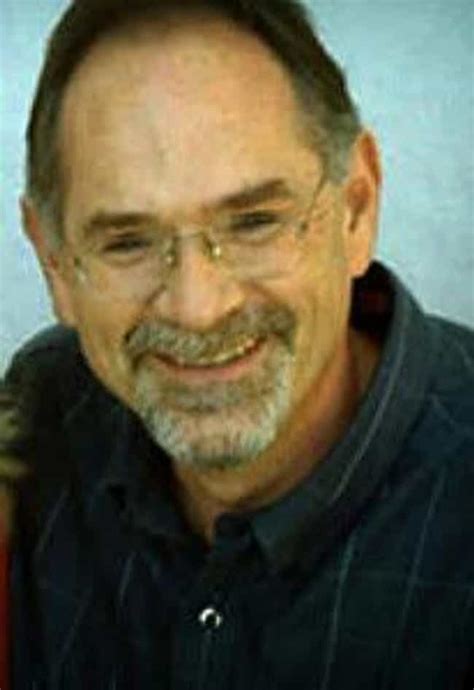A Quote by Edward Hirsch
In Náhuatl, the language of the Aztec world, one key word for poet was 'tlamatine,' meaning 'the one who knows,' or 'he who knows something.' Poets were considered 'sages of the word,' who meditated on human enigmas and explored the beyond, the realm of the gods.
Related Quotes
We are in love with the word. We are proud of it. The word precedes the formation of the state. The word comes to us from every avatar of early human existence. As writers, we are obliged more than others to keep our lives attached to the primitive power of the word. From India, out of the Vedas, we still hear: On the spoken word, all the gods depend, all beasts and men; in the world live all creatures...The word is the name of the divine world.
Obviously, ["Fences"] is a character-driven piece in every sense of the word, and Denzel [Washington] knows the actor. He gave us two weeks of rehearsal. He is a truth teller, and he is a truth seer. So he knows when something is not going in the right direction, and he will call you on it. But, he knows the word to use to unlock whatever is blocking you. So I think he's fabulous and he's a teacher.
The poet alone knows astronomy, chemistry, vegetation, and animation, for he does not stop at these facts, but employs them as signs. He knows why the plain, or meadow of space, was strown with these flowers we call suns, and moons, and stars; why the deep is adorned with animals, with men, and gods; for, in every word he speaks he rides on them as the horses of thought.
Men are four;
He who knows and knows not that he knows. He is asleep; wake him.
He who knows not and knows not that he knows not. He is a fool; shun him.
He who knows not and knows that he knows not. He is a child; teach him.
He who knows and knows that he knows. He is a king; follow him.
The heights by great men reached and kept
Were not attained by sudden flight,
But they, while their companions slept,
Were toiling upward in the night.
And that brings us to tonight's word: Truthiness. Now I'm sure some of the word-police, the 'wordanistas' over at Websters, are gonna say, 'Hey, that's not a word!' Well, anybody who knows me knows that I am no fan of dictionaries or reference books. They're elitist. Constantly telling us what is or isn't true, what did or didn't happen.
One of the surest tests of the superiority or inferiority of a poet is the way in which a poet borrows. Immature poets imitate mature poets steal bad poets deface what they take and good poets make it into something better or at least something different. The good poet welds his theft into a whole of feeling which is unique utterly different than that from which it is torn the bad poet throws it into something which has no cohesion. A good poet will usually borrow from authors remote in time or alien in language or diverse in interest.
One of the most frustrating words in the human language, as far as I could tell, was love. So much meaning attached to this one little word. People bandied it about freely, using it to describe their attachments to possessions, pets, vacation destinations, and favorite foods. In the same breath they then applied this word to the person they considered most important in their lives. Wasn’t that insulting? Shouldn’t there be some other term to describe deeper emotion?
There are four types of men in this world: 1. The man who knows, and knows that he knows; he is wise, so consult him. 2. The man who knows, but doesn't know that he knows; help him not forget what he knows. 3. The man who knows not, and knows that he knows not; teach him. 4. Finally, there is the man who knows not but pretends that he knows; he is a fool, so avoid him.
... the divine knowing - what the Father knows, and what the Word says in response to that knowing, and what the Spirit broods upon under the speaking of the Word - all that eternal intellectual activity isn't just daydreaming. It's the cause of everything that is. God doesn't find out about creation; he knows it into being. His knowing has hair on it. It is an effective act. What he knows, is. What he thinks, by the very fact of his thinking, jumps from no-thing into thing. He never thought of anything that wasn't.




































